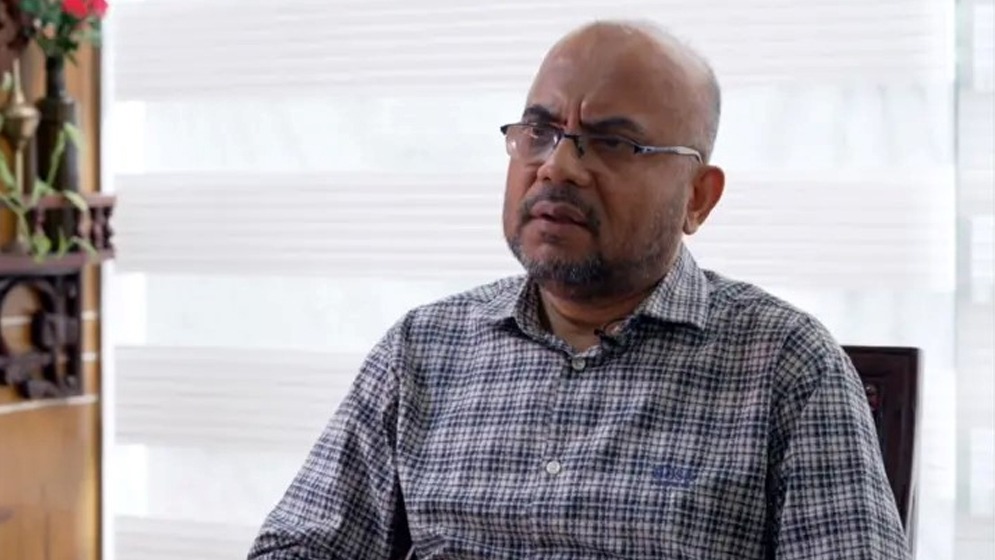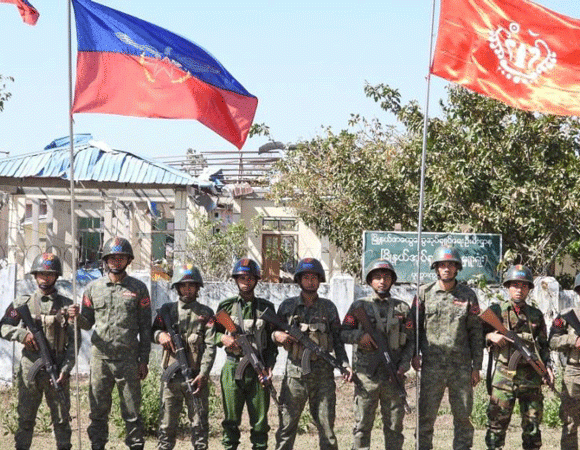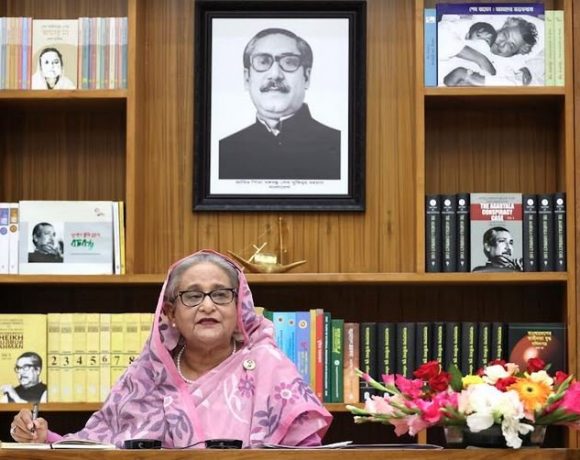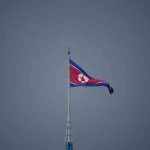Bangladesh cannot begin Rohingya repatriation unilaterally: RRRC Mizanur

PARBATTA NEWS ONLINE DESK
Bangladesh cannot begin repatriating Rohingya refugees on its own, Refugee Relief and Repatriation Commissioner (RRRC) Mohammad Mizanur Rahman has said.
He told BBC Bangla that the government, under the leadership of the Chief Adviser, is working to reduce the burden of Rohingya refugees on the country.
Rahman recalled that last year the Chief Adviser joined Rohingyas and the United Nations Secretary-General at an iftar event. At that time, the Chief Adviser expressed hope that by the following Eid the refugees would celebrate in their own homes in Myanmar.
According to Rahman, the government is working tirelessly to make that hope a reality.
Ahead of the United Nations General Assembly session on 30 September, Rahman said a three-day international conference on the Rohingya issue will be held in Cox’s Bazar.
He said representatives from several countries are expected to attend, with the Chief Adviser scheduled to join on 25 August. Officials regard the Cox’s Bazar meeting as a preparatory event for the UN session, Rahman added.
In his interview with BBC Bangla, Rahman said most areas of Rakhine State are now under the control of rebel forces.
He confirmed that the Bangladesh government has established contact with the Arakan Army, but denied that any armed groups were operating inside the refugee camps.
Rahman said ARSA and RSO are not organisations of the Bangladesh government, nor were they created on Bangladeshi soil. He described them as Myanmar-based groups and said what they do inside Myanmar is not Bangladesh’s responsibility.
He added that within Bangladesh’s territory the authorities do not recognise illegal arms dealing or the presence of armed groups, saying this position was “loud and clear.”
Rahman pointed to recent arrests as evidence of Bangladesh’s stance. He said the so-called militant group ARSA had its chief arrested by Bangladesh and placed in prison.
He added that another organisation, RSO, also had its political head arrested and jailed. According to him, if Bangladesh were encouraging such groups, these actions would not have taken place.
Rahman said tensions between the Rohingyas and the Arakan Army are historical and have intensified during the current fighting in Rakhine.
He described the Rakhine as traditional opponents of the Rohingyas and said successive rulers had pursued “divide and rule” policies that worsened the situation over time.
He added that when the Arakan Army began its attacks in Rohingya-populated areas in November 2023, some Rohingyas took up arms in support of government forces.
This, he said, further deepened hostility. When the Arakan Army later occupied those areas, it carried out indiscriminate killings in Rohingya villages.
As a result, large numbers of Rohingyas fled to Bangladesh — around 120,000 in the past 12 to 18 months, according to Rahman.

















